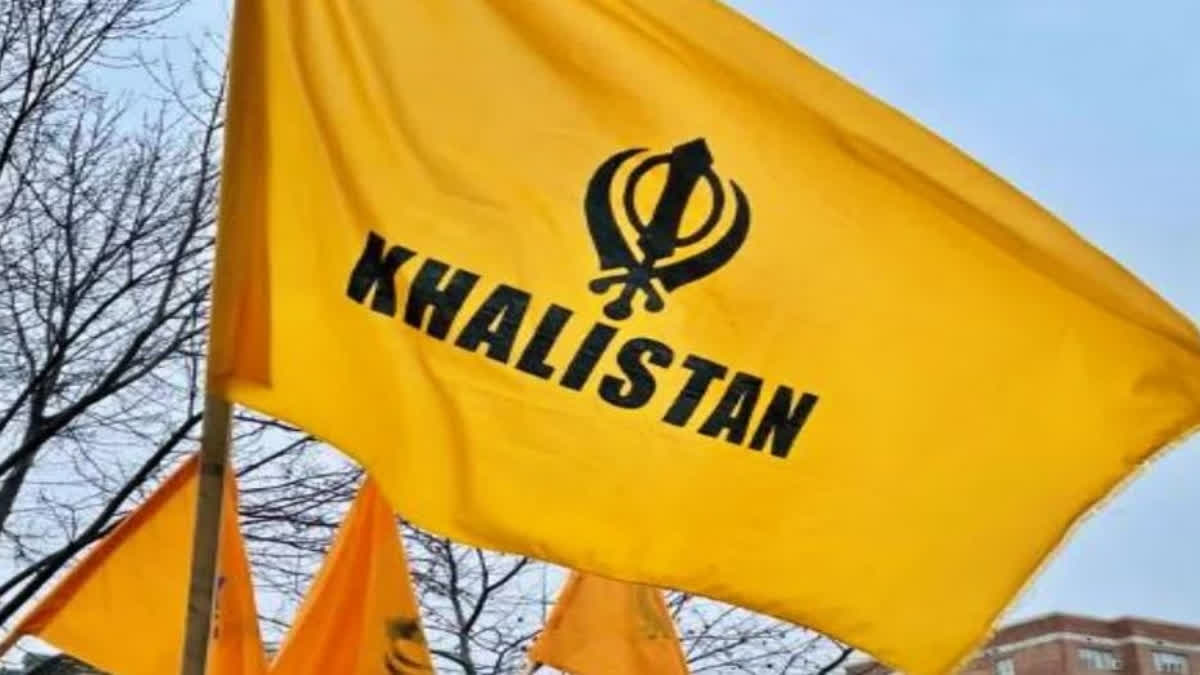New Delhi: The Khalistani issue has become a topic of concern for the international community as pro-Khalistani supporters continue to cause disturbances by holding protests and vandalizing Indian establishments and temples in different countries. This has led to a negative impact on India's reputation abroad.
Anil Trigunayat, a foreign policy expert and India's ex-ambassador, has stated that external agencies and groups are creating Khalistani issues to destabilize India, which is evident from their involvement and permissions to carry out separatist activities against India. Trigunayat also mentioned that India's rise, heft, and strategic autonomy could be a reason why some individuals would like to undermine it. Therefore, India has to be firm and forthright to ensure its security and sovereignty cannot be compromised.
The Khalistan movement is considered a grave national security threat to India and has resurfaced again recently. Pro-Khalistani supporters pulled down the Indian flag from the Indian High Commission in London last week as a mark of their protest against the police crackdown on separatist Amritpal Singh.
Achal Malhotra, former deputy permanent representative of India to the UN and international organizations in Vienna said, “Khalistani movement is beginning to resurface again, and outside of India, some small segments of Sikhs are demanding a separate state in the name of 'Khalistan'. However, most Sikhs in Punjab are not interested in having any separate state”.
Malhotra believes that some of these Sikhs may be ideologically influenced, but most are prompted and provoked by certain vested interests by outside agencies. He also mentioned that in countries in the West, particularly Canada and the US, the stretch of freedom of speech is far, making it difficult for India to take action against such vandalism.
Also read: Khalistani separatist sends 'audio threat' to capture Delhi's Pragati Maidan
Malhotra emphasized that it is the primary fundamental duty of the host country to ensure the adequate safety and security of diplomatic missions established on their soil. Therefore, the initial response of the UK was initially poor. India's diplomacy conveys its anguish on all such occasions, but the larger issues must be seen beyond the border.
“India's relationship with the US, UK, and other Western countries is enormous, and neither party would like to see the entire relationship held hostage to any one particular issue. While the West may have their views on human rights, that cannot prevent them from proceeding further on issues that have convergences, such as climate change, terrorism, multilateralism, and trade,” he added.
Malhotra explained that in international relations, it is impossible to agree to everything, especially on issues like the Khalistani issue. Meanwhile, efforts are underway to apprehend radical preacher Amrit Pal Singh, who remains elusive. At the request of the Indian embassy, Nepal has put out a high alert on the possible presence of the fugitive Amritpal Singh in the Himalayan nation.
The Khalistani issue has created tensions between India and the international community, with pro-Khalistani supporters causing disturbances in various countries. The movement is seen as a grave national security threat to India, with external agencies and groups creating Khalistani issues to destabilize India.



